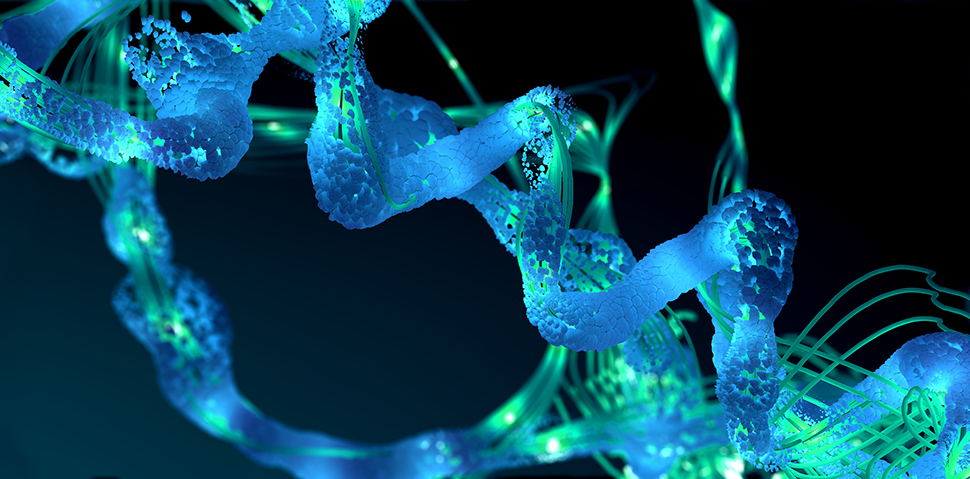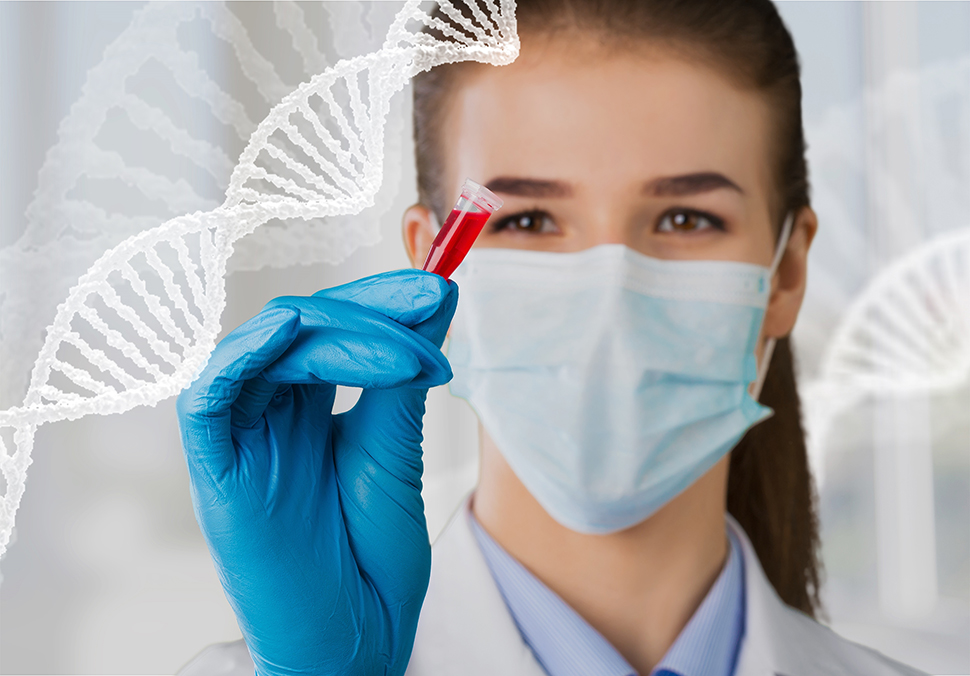Published: 29/07/21 11:19 Categories: Microbiology
The new generation of bioproducts such as vaccines, growth factors, antibodies and fusion proteins has been made possible thanks to recombinant DNA (rDNA) technology. It has opened the door to their production through the use of host cells, and also to the possibility of making modifications such as additions or deletions.
One of the earliest products of recombinant DNA was the globally renowned human insulin produced in E. coli. The substance had previously been isolated from porcine pancreas, so the molecule obtained was not exactly the same as human insulin.
Is any cell suitable for bioprocessing?
Nowadays, we can find processes that use prokaryotic as well as eukaryotic cells to obtain bioproducts. Focusing on the latter, there is a wide variety of systems such as yeasts, insects, plant and mammalian cells.
It is worth mentioning that the end product produced by prokaryotic and eukaryotic vectors is different, since there are biomolecules that can be too large or complex for bacteria or even yeasts to produce.

These biomolecules require post-translational modifications to produce proteins of superior quality and efficacy, or with human-like properties. These modifications play a key role in modulating protein functions, and can only occur in mammalian cells. They include processes such as glycosylation, phosphorylation, disulfide bond formation and carboxylation.
It has been discovered that in some recombinant proteins, the bioactivity may depend on a proper glycosylation. It is due to this ability that mammalian cells have become the main system for the production of recombinant therapeutic proteins.
Industrial biotechnology in the 21st century
While it is true that a few years ago mammalian cells were used almost exclusively for R&D and in virus production for vaccine manufacturing, today almost all therapeutic proteins are produced using recombinant DNA technology by cloning the protein gene in cell lines derived from mammalian cells, especially CHO cells.

Low performance and unstable expression in these cell cultures have been a significant obstacle, since the ability to carry out these post-translational modifications varies depending on the species, the origin of the tissue, and the cell clone. It has also been shown that variations in glycosylation can be caused by environmental factors, such as the culture medium, the bioreactor, or the state of the cells at the time of production.
Condalab has developed Condalow®, a new generation of peptones that improve cell culture performance thanks to its unique production process that keeps growth factors and other essential biomolecules intact, even doubling growth density.
In addition, these peptones have the lowest endotoxin levels in the market, together with high batch-to-batch consistency to avoid variations caused by this source in the processes.
If you are interested in Condalow®, please do not hesitate to contact us for more information or to request a sample.

 Food fraud: How do we detect it?
Food fraud: How do we detect it?
 Visit Us at MEDICA 2025 – Discover Our Precise Detection Solutions
Visit Us at MEDICA 2025 – Discover Our Precise Detection Solutions
 PCR: The Technique Revolutionizing Rapid Detection in the Food Industry
PCR: The Technique Revolutionizing Rapid Detection in the Food Industry
 How Culture Media Ensure the Safety, Efficacy, and Quality of Medicines
How Culture Media Ensure the Safety, Efficacy, and Quality of Medicines
 Meeting us at MEDLAB MIDDLE EAST 2025
Meeting us at MEDLAB MIDDLE EAST 2025